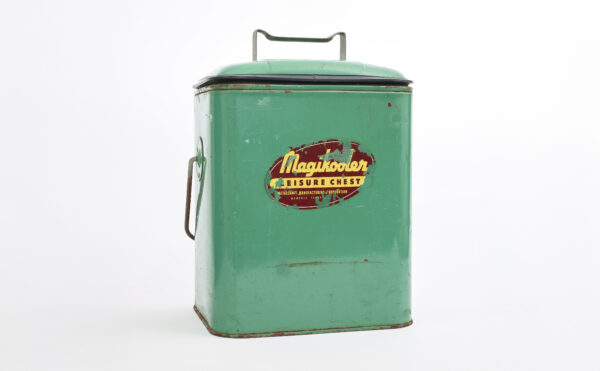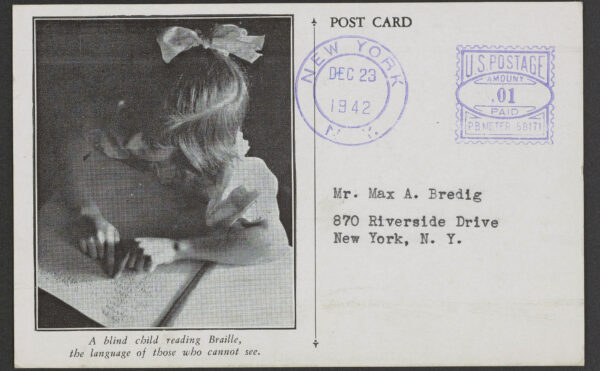School Lunch Tour

Join our museum’s Gallery Guides for a “drop-in” tour of Lunchtime, our special exhibition on the history and development of school lunch.
Visitors will learn about the complicated relationship between food scientists, the government, and the public throughout the last 200 years as ideas about nutrition and education have evolved.
Does school lunch affect student performance? How did innovations in agricultural science lead to the national school lunch program? What challenges do school lunch advocates face today? And why do we have guinea pigs to thank for our understanding of basic nutrition? We will answer all these questions and more!
This tour has an interactive component, too! You’ll have the chance to touch specially chosen artifacts from our handling collection, examine them in detail, and draw connections between your own experiences of school lunch and this fascinating facet of food history.
Drop-in tours are free and no reservations are necessary.
PLEASE NOTE: Our museum will be temporarily closed December 22, 2024, through March 7, 2025, for renovations.
Featured image: “Throughout American Life,” advertisement for Dow Chemical Company, May 1947.
More events
School Lunch Tour
This interactive drop-in tour reveals how food scientists, the government, and the public have shaped in-school nutrition.
Stories of Science: Last Bite of School Lunch
Join us in our museum EVERY SATURDAY for a family-friendly program that highlights strange and surprising stories from the history of science!
Stories of Science: Last Bite of School Lunch
Join us in our museum EVERY SATURDAY for a family-friendly program that highlights strange and surprising stories from the history of science!



